Irritable bowel syndrome (or IBS) is a common chronic condition involving abdominal cramps, bloating, and unpredictable changes in your bowel movements. It is a complicated illness that requires careful monitoring, and many people do not realize just how many dietary choices can influence the severity of their symptoms. Although ingredients that are problematic for most IBS sufferers will not be problematic for all, there are certain common triggers that are highly likely to make your IBS worse.
Table of Contents
1. Artificial sweeteners
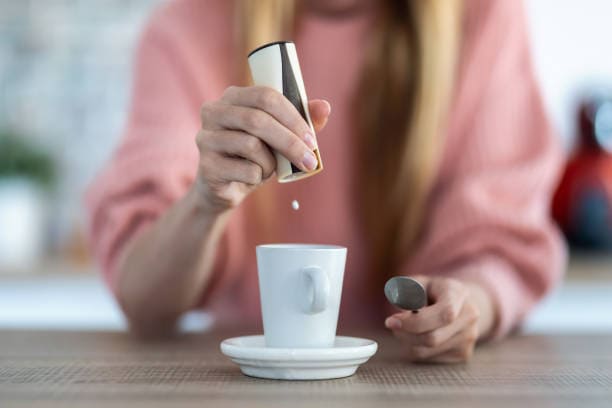
If you are trying to lose weight or are even just trying to maintain a healthy weight, you probably opt for diet sodas and desserts sometimes. While the sweeteners that these products contain may help you to cultivate a trim figure, they can severely irritate the digestive systems of IBS sufferers. The next time that you are interested in a low calorie drink or snack, check to see whether it contains aspartame, sorbitol, sucralose or saccharin. If it has any of these artificial sweeteners on the ingredients list, you should try to find an alternative product.
2. Insoluble fibers
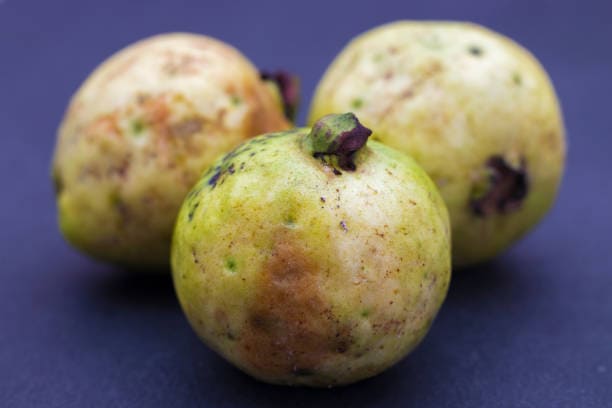
Insoluble fibers are fibers that your stomach is incapable of breaking down. They are found in raw vegetables, nuts and seeds, and they are finally broken down when they reach your large intestine. At that point, the digestion of insoluble fibers causes wind pains, flatulence and abdominal discomfort. If you want to minimize your IBS symptoms, limit your consumption of insoluble fibers whenever possible.
Also Read: How to Deal With IBS Pain?
3. Fatty foods
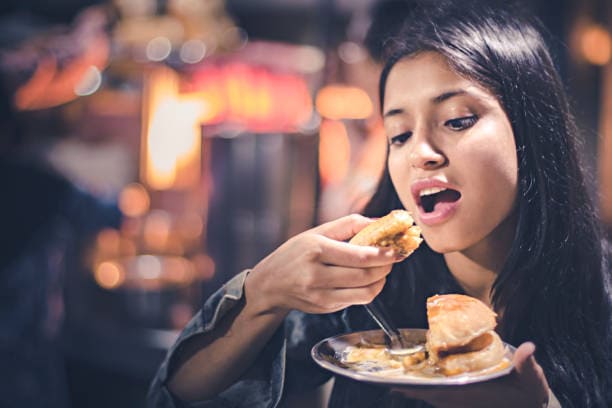
Multiple studies have shown that people with IBS experience more frequent and painful cramps after consuming meals or snacks that are particularly high in fat. In addition, fatty foods can cause an increased number of bowel movements, sometimes to the extent that severe diarrhea results.
4. Large quantities of vegetables
Vegetables are very good for your body, influencing everything from heart health to how likely you are to develop certain kinds of cancer. However, if you have IBS then you need to balance these health benefits against the evidence that a high intake of vegetables causes increased stomach pains and bowel cramps. In particular, it is a good idea to avoid eating excessive amounts of onion, beans, broccoli and cabbage.
Also Read: What to do when IBS leaves your Stomach in Knots
5. Alcohol

Most IBS patients can drink alcohol in moderation, but binge drinking is linked to pain and discomfort in those with the disease. In addition, alcohol can cause the digestive tract to spasm in an extremely painful way. It is especially important to avoid drinking too many carbonated alcoholic drinks (such as alcopops and cider).
6. Artificial fats
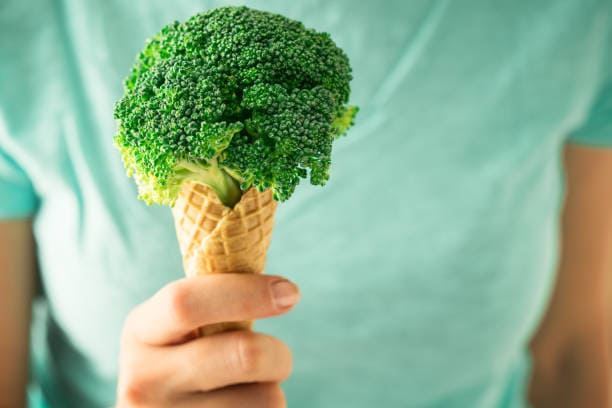
Although all fats are associated with an increase in IBS symptoms, it appears that artificial fats are worst of all in this respect. Like artificial sweeteners, they are designed to add more flavor to food without the burden of extra calories. However, they greatly increase your risk of having diarrhea, trapped wind, and acute stomach cramps. The most common artificial fat is olestra, so it is a good idea to scan the list of ingredients on a new product in order to make sure that no olestra is present.
7. Caffeine

If you have IBS, it is recommended that you limit your caffeine intake to no more than five cups of coffee each day. Caffeine over-stimulates the digestive system, causing cramps and diarrhea, so try to avoid energy drinks like Red Bull as well.
8. Fried foods
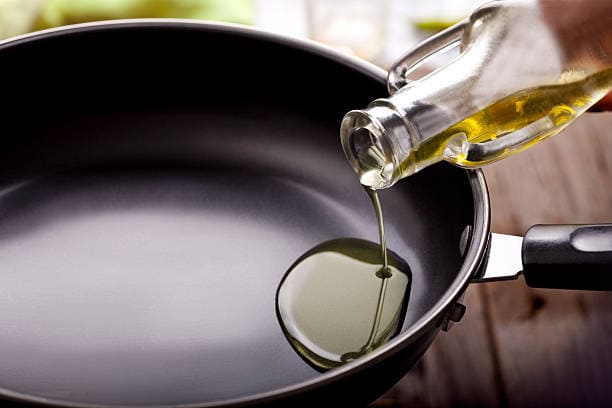
Your body finds it hard to digest fried foods, and the process of doing so can lead to intestinal pain or bowel irritation. Wherever possible, you should avoid eating fried foods if you want to decrease the severity of your IBS symptoms.
9. Dairy products
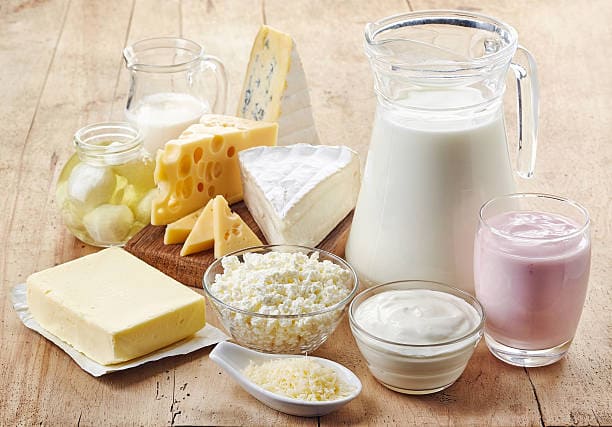
Around one quarter of IBS sufferers are also lactose intolerant. If you have been diagnosed with both conditions, it is vital that you avoid dairy products. If you have only been diagnosed with IBS but have noticed that your symptoms are especially bad after consuming milk or cheese, approach your doctor to discuss whether it would be a good idea to cut dairy products out of your diet.




